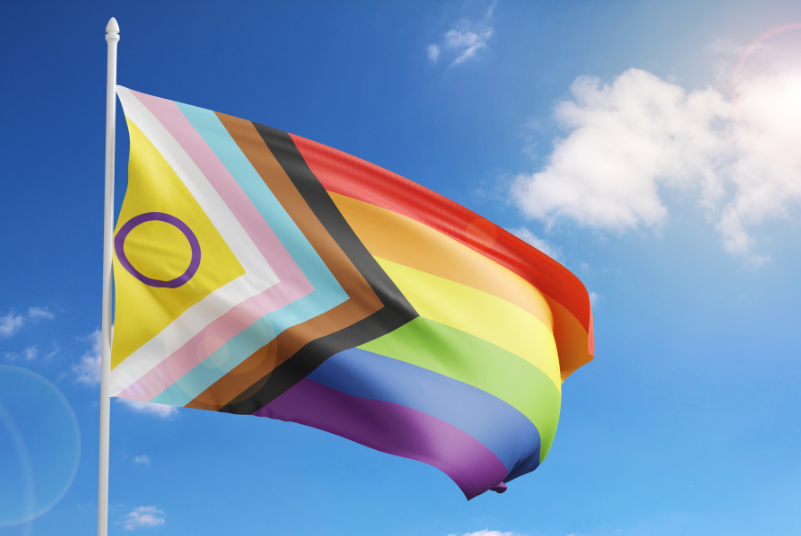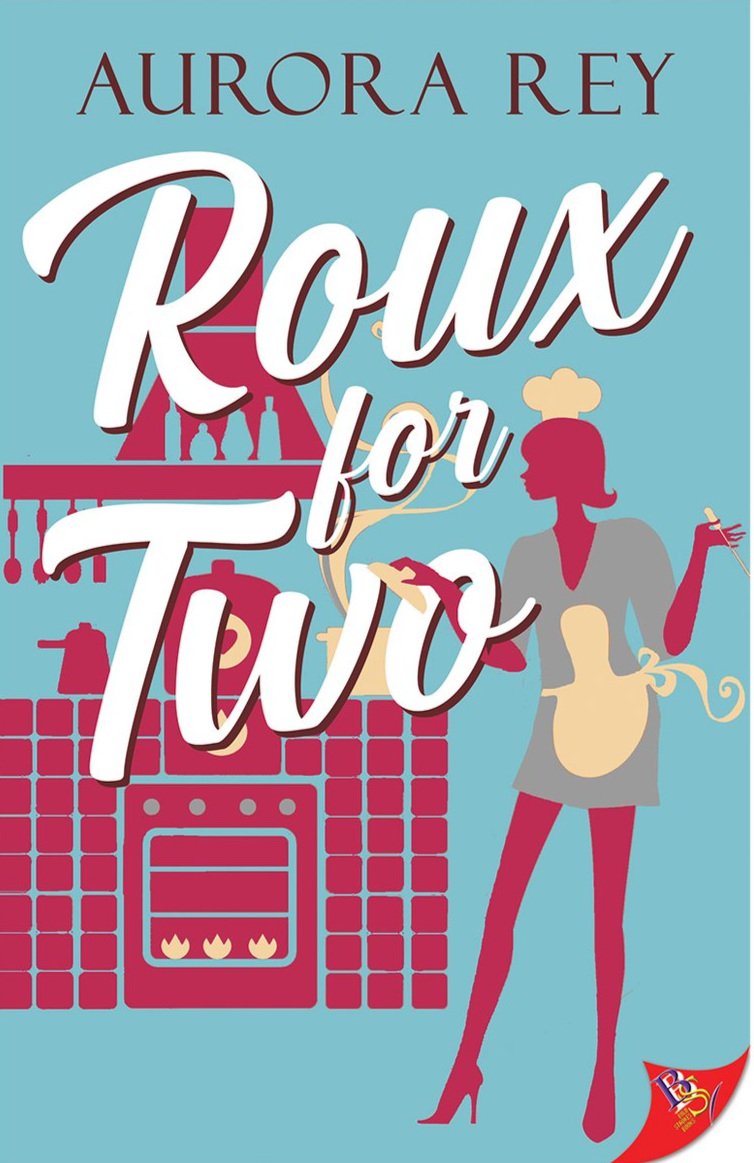Pride & Publishing
First things first: Happy Pride!
It’s so nice to say that. To hear it. To see rainbows everywhere, even though lots of them are a corporate money grab.
Honestly, given that we aren’t dismantling capitalism anytime soon, there’s power in being a coveted demographic and I don’t dismiss the significance of that. Especially in light of the rampant homophobia and dehumanizing legislation swirling around so many states. But that’s another post.This post is about identity and visibility and labels. And what to do when they get a little murky.
Funny enough, I’m not talking about me. I identify as a queer femme, I’m very fond of that label, and I have no trouble articulating my particular embodiment of it—girly tomboy attracted to masc women and trans guys. (God, it feels good to say that.)
The murkiness I’m talking about today is my writing. Or, rather my books.
I’ve spend the last nine years or so writing books where two women fall in love. Typically a butch/masc and a femme. Always sexy, often foodie, and occasionally toolbelt-y. I’ve got a brand and a readership and it’s all really and truly lovely. (Hi, readers! I love you!)
My latest book, though, features a queer femme and a trans guy. It was wonderful and validating to write and the kind of romance I think the world needs more of. The only trick is that it feels off to promote it in the places I typically do—the sapphic/wlw/lesbian book groups and sites and reviewers I know and love. Not because I worry some of those places won’t be welcoming (though I know that at least a few of them won’t be), but because it feels like an inauthentic characterization of the book, and its characters.
So, I’ve spent the last few weeks flapping around, throwing spaghetti and the wall, and seeing what sticks. Hopefully, some trans folks and the people who love them will find Roux for Two and experience it like the big hug and love letter it’s meant to be. Hopefully some other folks will give it a chance and love it for the love story it is.
In the meantime, I’m going to be grateful that a book like this—and like all the other amazing queer books out there—get to exist. And I’m going to remind myself that having so many that finding a niche for this one in particular is a rather glorious problem to have. Oh, and I might just wrap myself in rainbows and go make a batch of jambalaya.
Happy reading, all, and happy Pride!


